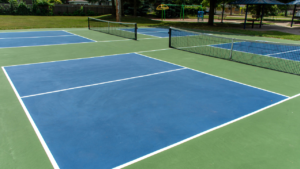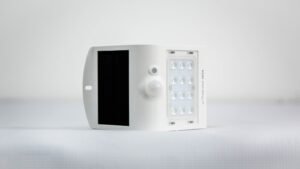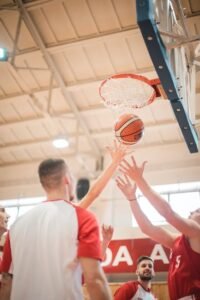Imagine yourself on a sunny afternoon, surrounded by friends and enthusiasm, ready for a thrilling game of pickleball. As you gather around the court, paddles in hand, you can’t help but feel the contagious excitement in the air. Yet, amidst the anticipation and strategy that fill the grounds, there lies an often overlooked aspect of this beloved sport: safety. Because when it comes to pickleball, nothing is more important than ensuring the well-being of each player. This is where the eye guard rule comes into play, a vital precautionary measure aimed at protecting participants from potentially hazardous situations. In this article, we will delve into the world of pickleball safety and explore why the eye guard rule should be embraced with open arms.
Table of Contents
- Eye Injuries in Pickleball: A Growing Concern on the Court
- Understanding the Eye Guard Rule: A Necessary Precaution
- Protective Eyewear: Choosing the Right Gear for Safety
- Recommendations for Players: Embracing Eye Protection
- Q&A
- The Way Forward
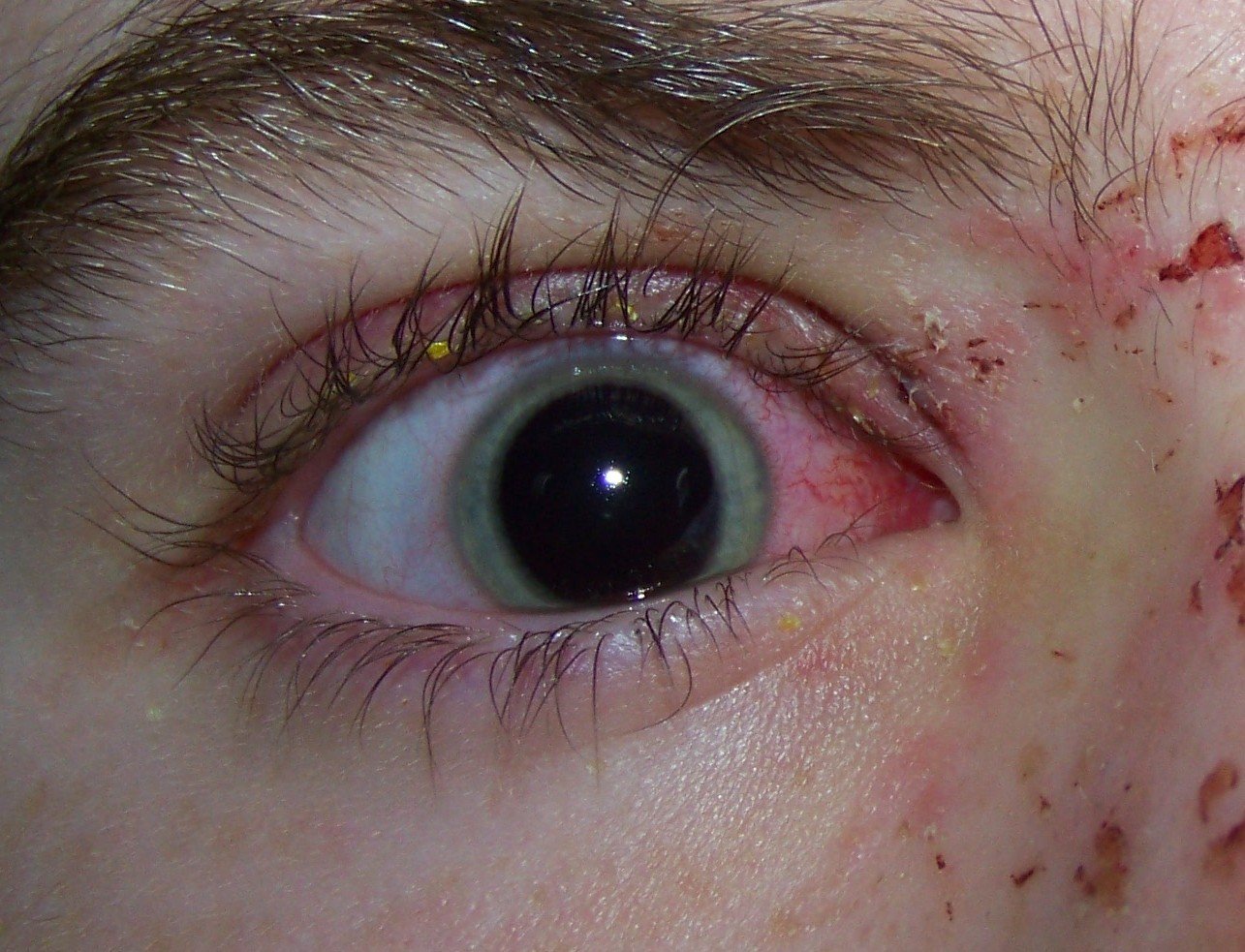
Eye Injuries in Pickleball: A Growing Concern on the Court
While pickleball is known for its exciting gameplay and friendly atmosphere, it’s essential to address the growing concern of eye injuries on the court. Protecting our eyes should be a top priority for players of all levels, from beginners to seasoned veterans.
Here are a few factors contributing to eye injuries during pickleball matches:
- Risk of direct impact: The nature of the sport, with its fast-paced rallies and high-speed shots, increases the chances of the ball hitting players directly in the eye. This can result in severe injuries, including corneal abrasions, orbital fractures, or even detached retinas.
- Lack of eye protection: Unlike sports such as racquetball or squash, where goggles or protective eyewear are commonly used, many pickleball players don’t utilize any form of eye protection. This leaves them vulnerable to potential eye injuries, especially when playing at a competitive level.
- Recreational vs. competitive play: While pickleball is enjoyed by people of all ages and skill levels, the number of eye injuries tends to be higher in competitive play. Intense matches often involve powerful shots and quick reactions, increasing the risk of accidental eye contact with the ball.
- Improper technique and awareness: Players who are not mindful of their surroundings or fail to use proper stroke technique can unintentionally contribute to eye injuries. Wild swings or mishits can send the ball flying off course, increasing the likelihood of it striking someone in the face, particularly the eyes.
To minimize the risk of eye injuries, it is recommended that players consider the following precautions:
- Wear protective eyewear: Invest in high-quality goggles or glasses specifically designed for pickleball. These provide a shield against direct impact and significantly reduce the risk of eye injuries. Make sure the eyewear fits properly and does not obstruct vision or hinder performance.
- Stay alert and communicate: Always be aware of your surroundings and communicate with your fellow players. Establishing clear signals and maintaining good sportsmanship can help prevent collisions, errant shots, and unnecessary eye injuries.
- Practice proper technique: Regularly refine your pickleball stroke technique to improve accuracy and control. Be mindful of your swing and avoid making wild or uncontrolled shots that could potentially cause harm to yourself or others.
By taking these preventive measures, we can ensure a safer and more enjoyable pickleball experience for everyone on the court. Let’s promote a culture of eye safety and help keep each other’s vision intact.
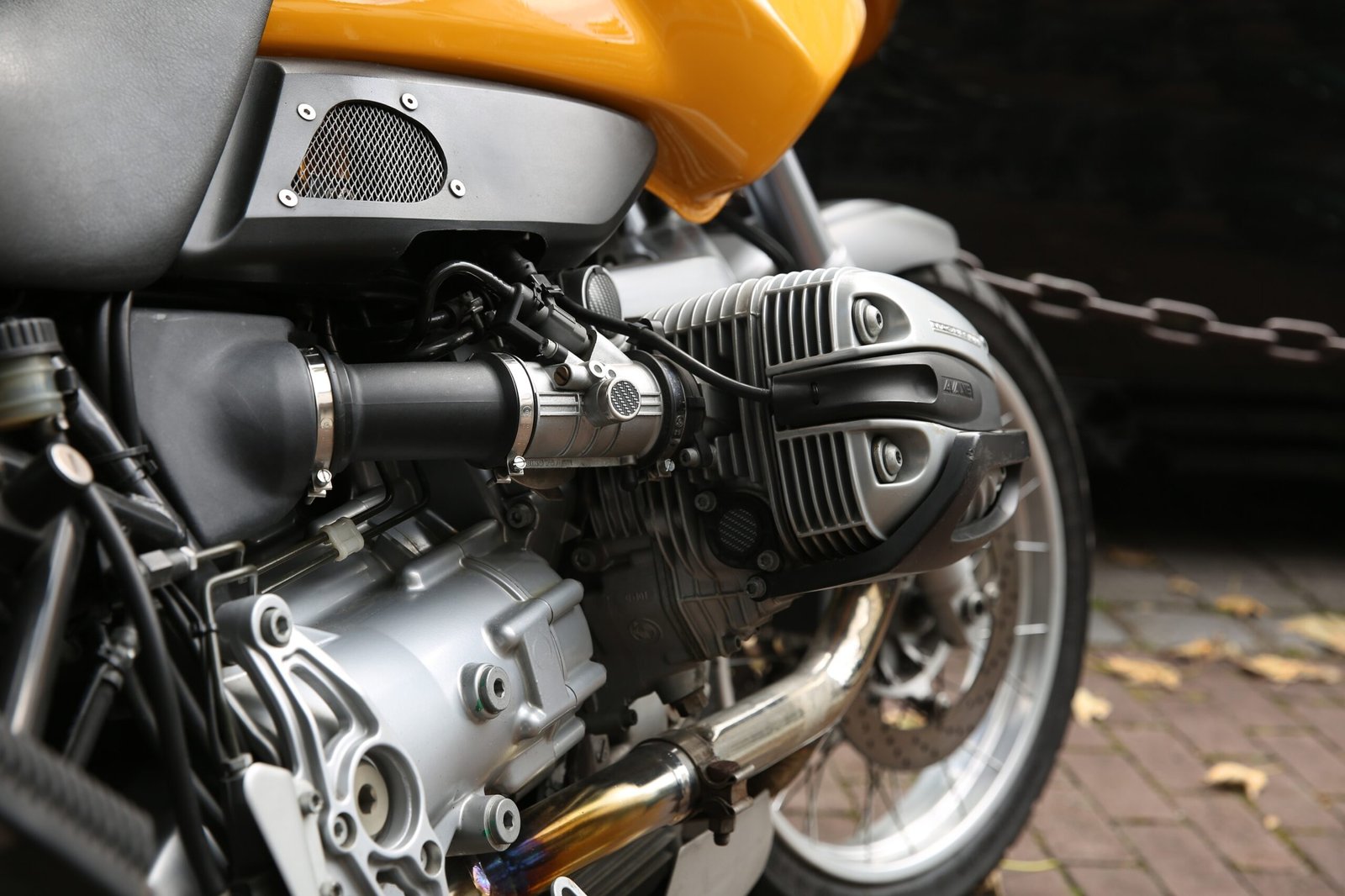
Understanding the Eye Guard Rule: A Necessary Precaution
Eye injuries can be debilitating and have long-lasting effects, which is why sports leagues often have rules in place to protect players. One such rule is the Eye Guard Rule, a necessary precaution in various sports such as basketball, racquetball, and lacrosse. The purpose of this rule is to ensure the safety of all athletes by mandating the use of protective eyewear during gameplay.
By requiring athletes to wear eye guards, the chances of sustaining eye-related injuries are significantly reduced. Eye guards act as a barrier between the eyes and potential hazards like flying balls, errant sticks, or accidental pokes during gameplay. These protective gears are specifically designed to provide optimal vision and maximize eye safety, without hindering an athlete’s performance.
It’s important to note that not all eye guards are created equal. When choosing the appropriate eyewear, athletes must ensure that it meets the necessary standards and regulations set forth by the respective sports association. This may include specific design requirements, such as proper cushioning, durable materials, and shatter-resistant lenses. Additionally, athletes should consider factors such as comfort, fit, and fog resistance to ensure the eye guards are suitable for their individual needs.
In conclusion, the Eye Guard Rule serves as a crucial measure to safeguard athletes’ eyes from potential injuries during sports. By requiring the use of protective eyewear, leagues demonstrate their commitment to player safety. Athletes must embrace this necessary precaution and carefully select eye guards that meet the required standards, ensuring their vision remains secure while they give it their all on the field. Stay safe, protect your eyes, and enjoy the game!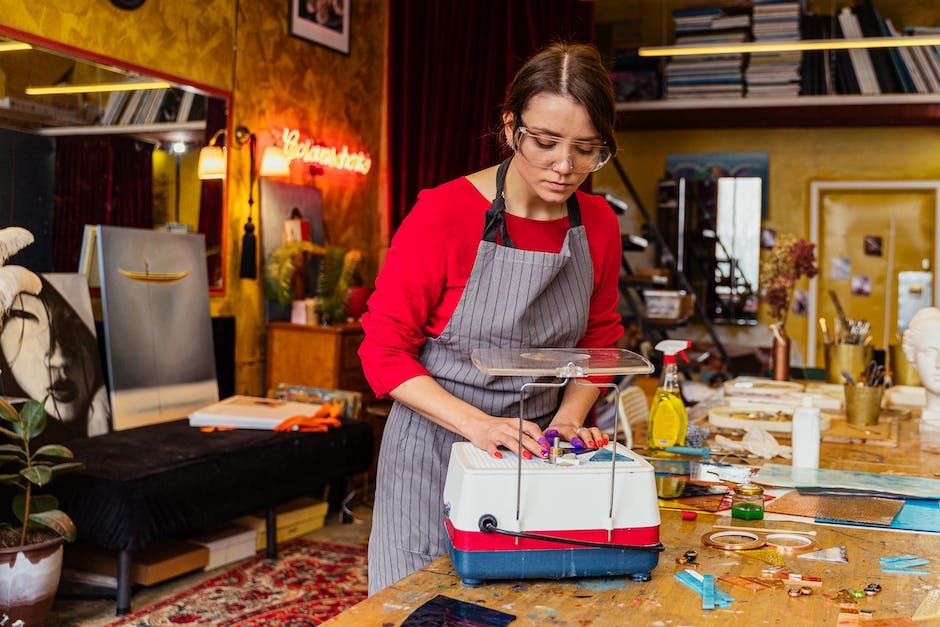
Protective Eyewear: Choosing the Right Gear for Safety
When it comes to safety in the workplace or during any physical activity, protective eyewear should never be overlooked. The right gear not only shields your eyes from potential hazards, it also ensures clear vision and peace of mind. Here are a few factors to consider when choosing the perfect protective eyewear:
- Identify the Risk: Before picking out your gear, it’s crucial to identify the specific risks you might encounter. Whether you’re working with chemicals, welding, or engaging in sports, different activities present unique dangers to your eyes. Understanding the hazards will help you select the appropriate eyewear.
- Choose the Right Lens: Protective eyewear comes with a variety of lens options, each suitable for different circumstances. Polycarbonate lenses are impact-resistant and ideal for high-velocity activities. Anti-fog coatings can be a game-changer in situations with extreme temperature variations. UV protection is a must for outdoor activities, as it shields your eyes from harmful sun rays.
- Comfort and Fit: No matter how efficient the eyewear is, it won’t serve its purpose if it’s uncomfortable to wear. Look for adjustable frames that offer a snug yet comfortable fit. Nose pads and temples that can be adjusted will ensure the eyewear doesn’t slip or cause discomfort during prolonged use.
Remember, protecting your vision should always be a top priority. By considering the risks, selecting the appropriate lens, and prioritizing comfort and fit, you can confidently choose the right protective eyewear for safety in any situation.
Recommendations for Players: Embracing Eye Protection
When it comes to playing sports or engaging in any outdoor activities, eye protection should be a top priority. Your eyes are delicate and vulnerable to various hazards, such as impact from projectiles, harmful UV rays, or even harsh weather conditions. To ensure your eyes are safeguarded and you fully enjoy your favorite activities, here are some essential recommendations:
- Invest in quality sports eyewear: Opt for eyewear specifically designed for your sport or activity. Look for impact-resistant lenses and frames that fit securely on your face. Not only do these goggles or glasses protect against physical injuries, but they also shield your eyes from harmful UV radiation.
- Wear protective accessories: In addition to sports eyewear, consider wearing additional protective accessories like helmets or face masks. These extra layers of protection provide an extra level of safety against potential accidents or impacts that may occur during intense gameplay.
- Maintain cleanliness and care: Regularly clean and check your eyewear for any damages or scratches that could impair your vision. Store them in their protective cases to avoid unnecessary exposure to dirt, dust, or other elements. Remember, taking proper care of your eye protection ensures they will serve you well for a long time.
- Encourage others to prioritize eye safety: Spread awareness about the importance of eye protection among your friends, teammates, and fellow players. By advocating for eye safety and setting an example, you contribute to creating a safer environment for everyone involved in the game.
Remember, embracing eye protection not only enhances your performance on the field but also preserves your visual health in the long run. Prioritize your eyes, and let nothing stand in the way of you enjoying your favorite activities to the fullest.
Q&A
Q: Why is the Eye Guard Rule important in pickleball?
A: The Eye Guard Rule is crucial in pickleball to prioritize player safety. It helps protect the eyes from potential injuries caused by accidental ball strikes, enhancing the overall experience on the court.
Q: When did the Eye Guard Rule come into effect?
A: The Eye Guard Rule was officially implemented in pickleball in [insert year], following a rise in eye-related injuries during gameplay.
Q: What are the specific requirements for eye guards in pickleball?
A: According to the official rules, eye guards must meet ASTM F803-19 standards, ensuring they provide sufficient protection against impact. The guards should be shatterproof, offer a snug fit, and have appropriate padding for comfort.
Q: Who is required to wear eye guards in pickleball?
A: The Eye Guard Rule applies to all players who are below the age of 18. However, many adult players also choose to wear eye guards voluntarily as an added safety precaution.
Q: Are there any exceptions to the Eye Guard Rule?
A: Yes, in certain situations, exceptions can be made. Players with a valid medical exemption may be allowed to participate without wearing eye guards, as long as they have documented proof of their exemption.
Q: Can prescription glasses be used as eye guards?
A: Prescription glasses alone do not meet the adequate safety standards for eye guards. However, specialized prescription sports goggles, meeting the required standards, can serve as both vision correction and eye protection.
Q: Are there penalties for not complying with the Eye Guard Rule?
A: Yes, players who fail to comply with the Eye Guard Rule may face penalties, such as being ineligible to play or being disqualified from tournaments. Adhering to the rule is essential to ensure fair and safe gameplay.
Q: Where can one purchase suitable eye guards for pickleball?
A: Eye guards are widely available online and in sports stores that cater to racquet sports. It is recommended to choose eye guards that specifically mention pickleball on their packaging or product description for optimal protection.
Q: How can the Eye Guard Rule contribute to the growth of pickleball?
A: By prioritizing player safety, the Eye Guard Rule can instill confidence in players, attract more participants, and ensure a positive experience. This, in turn, helps in the overall growth and popularity of pickleball as a sport.
The Way Forward
As we bid farewell to the colorful world of pickleball and the eye-opening journey through the Eye Guard Rule, one thing remains crystal clear—safety is here to stay! This whimsical game, filled with laughter and camaraderie, has taken the sporting world by storm. But in the midst of all the fun and excitement, it’s crucial to remember that safety should never be sent sailing over the net.
With every swing of the paddle, every leap across the court, we must embrace a culture in which protection reigns supreme. The Eye Guard Rule, a beacon of caution, stands tall as a reminder that our eyes are precious, delicate treasures that deserve the utmost care. Whether you’re a seasoned pickleball professional or a wide-eyed novice, it’s never too early (or too late) to shield your vision from harm.
In the vast playground of this beloved sport, clashes and collisions are an inevitable part of the game. Yet, we need not fear the perils that lurk on the court. Instead, let us embrace the safety nets—quite literally—offered by the Eye Guard Rule. Picture a world where goggles become not just a sartorial statement, but a protective shield against unintended impact. A world where we can boldly return shots, fearlessly dive for volleys, and celebrate our victories with clear and unclouded vision.
It’s undeniable that some may scoff at the notion of donning these guardians of sight. But let us not dismiss their immense value merely based on appearance. These goggles, crafted with cutting-edge technology and meticulous design, give us the gift of peace of mind. With each flick of the wrist, we can revel in the knowledge that our eyes are shielded from the harm that might befall them.
So, as the final whistle blows and our pickleball adventure draws to a close, let’s cherish the memories of unforgettable rallies and sparkling camaraderie. But above all, let’s carry the spirit of the Eye Guard Rule in our hearts, ensuring that safety remains the bedrock of this captivating game that brings us together.
Here’s to a kaleidoscope of shining goggles, a symphony of laughter, and the promise of a safer pickleball future. May we continue to play, protect, and prosper on and off the courts. Safety first, always.
As an affiliate, my content may feature links to products I personally use and recommend. By taking action, like subscribing or making a purchase, you’ll be supporting my work and fueling my taco cravings at the same time. Win-win, right?
Want to read more? Check out our Affiliate Disclosure page.

